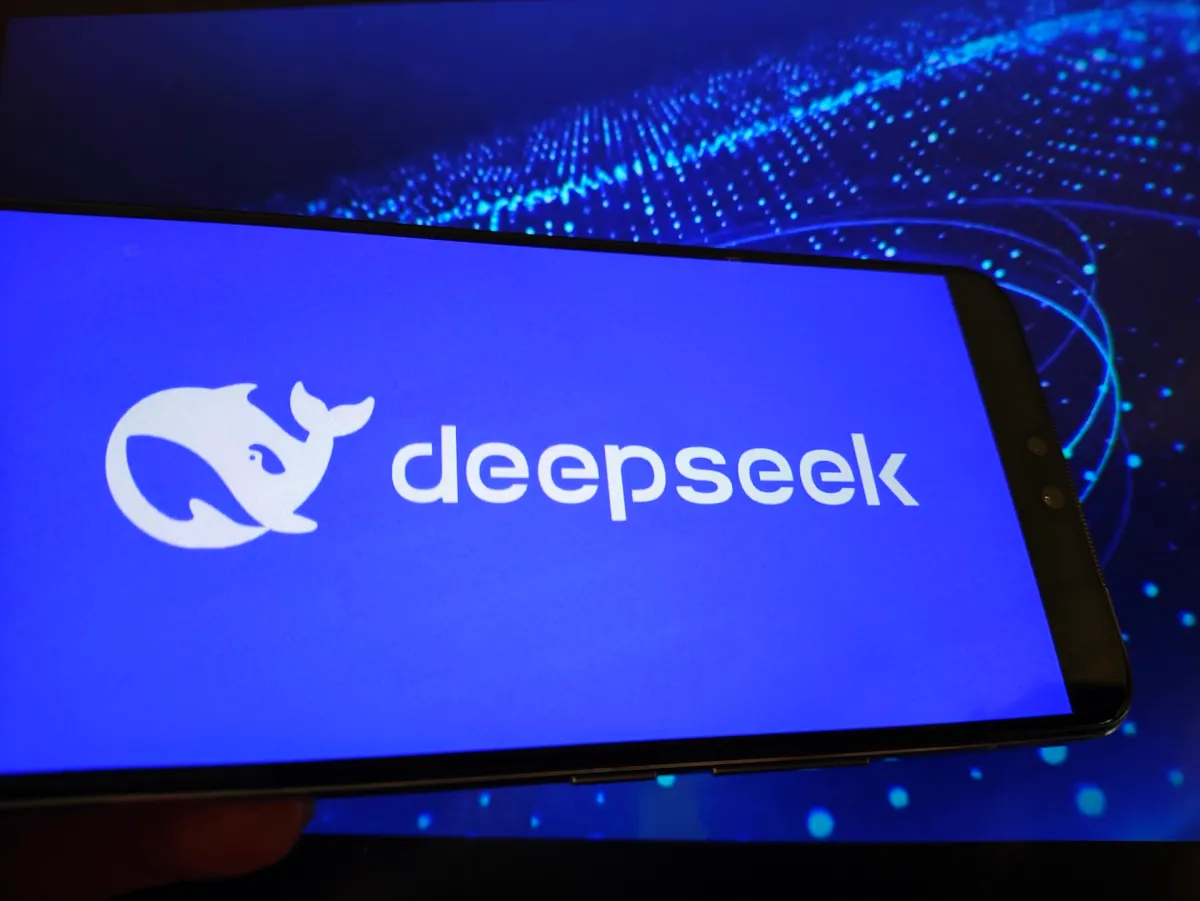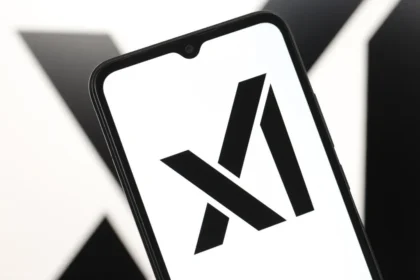Chinese AI lab DeepSeek has burst into the global spotlight after its chatbot app shot to the top of both the Apple App Store and Google Play charts, sparking questions about the future of the AI race.
DeepSeek, which spun out of Chinese hedge fund High-Flyer Capital Management, has quickly become one of the most disruptive players in AI. Known for developing compute-efficient models, the startup has rattled both Silicon Valley and Wall Street, with analysts warning that U.S. dominance in AI may be slipping and that the demand for costly AI chips could weaken.
Founded in 2023, DeepSeek built its own data centers but has faced U.S. export restrictions, forcing it to train models on downgraded Nvidia H800 chips rather than the H100s used by U.S. companies. Despite this, its DeepSeek-V2 and V3 models have gained global traction, outperforming rivals on benchmarks while undercutting them on price. Its R1 reasoning model, launched in January, has drawn comparisons to OpenAI’s o1, offering stronger reliability in science and math domains.
But DeepSeek’s rise comes with caveats. Its models are subject to review by Chinese regulators to ensure they align with “core socialist values.” That means sensitive topics such as Tiananmen Square or Taiwan’s autonomy are off-limits in its chatbot responses.
The company’s meteoric growth has rattled the industry. Developers have created over 500 derivative models of DeepSeek’s R1 on Hugging Face, with more than 2.5 million downloads. Its disruptive pricing has forced competitors like ByteDance and Alibaba to slash their AI model prices. Meanwhile, DeepSeek’s success has been blamed for an 18% drop in Nvidia’s stock earlier this year and has prompted public responses from OpenAI’s Sam Altman and Meta’s Mark Zuckerberg.
Related: DeepSeek Unveils V3.2-exp Model with Sparse Attention to Cut AI Inference Costs
However, DeepSeek faces increasing global pushback. The U.S. Commerce Department, South Korea, New York state, and Microsoft have all banned its use on government or employee devices, citing security and propaganda risks. In May, Microsoft president Brad Smith told Congress that staff are prohibited from using DeepSeek due to data concerns.
Despite bans, DeepSeek’s influence continues to grow. Microsoft has even added DeepSeek models to its Azure AI Foundry, highlighting the tension between commercial demand and national security fears. The U.S. is reportedly considering broader restrictions on DeepSeek’s technology.
For now, DeepSeek remains a rising force in AI, pushing innovation forward while stirring geopolitical and ethical debates that could define the next phase of the global AI race.






